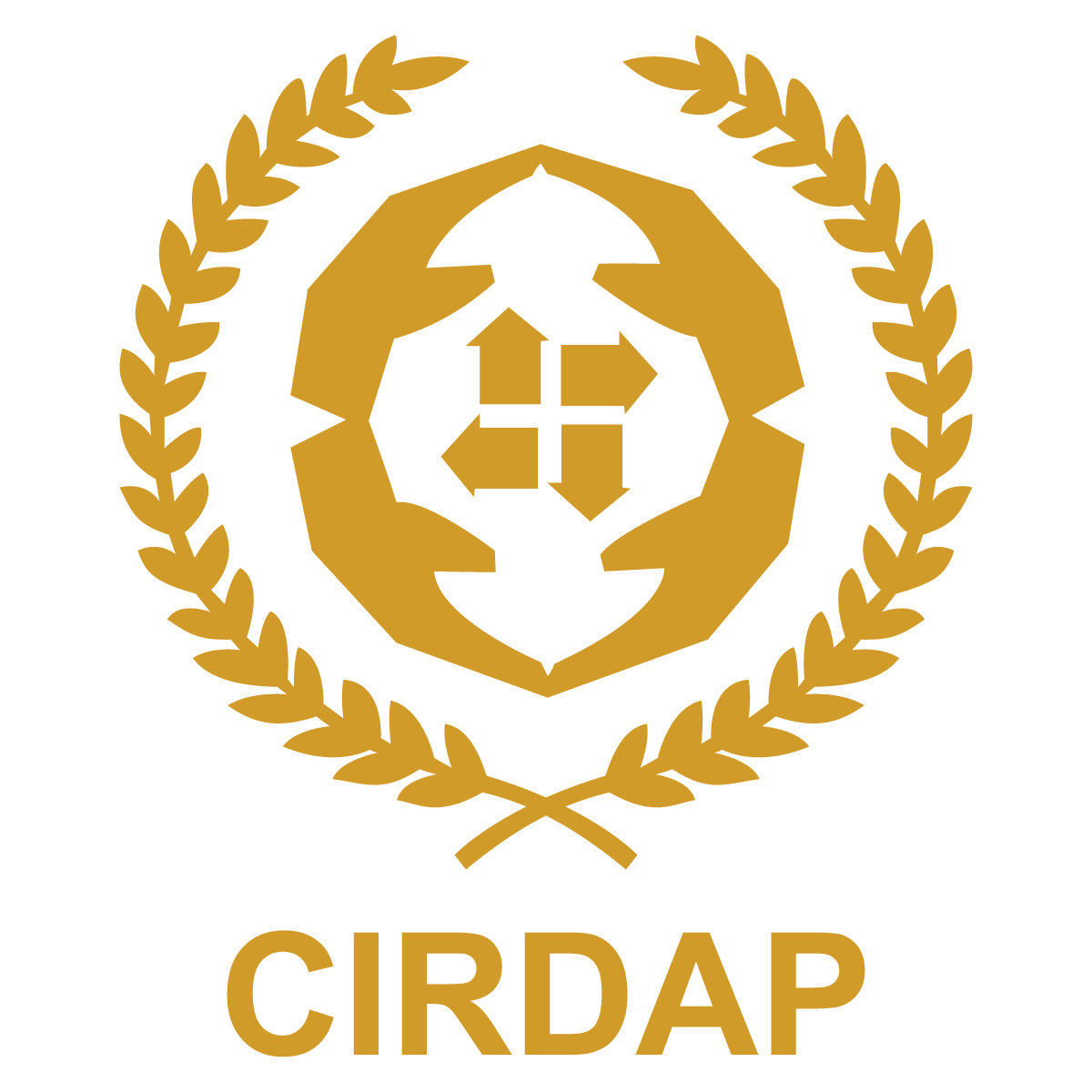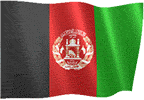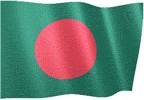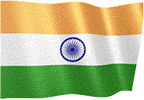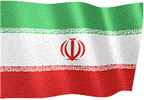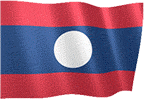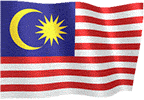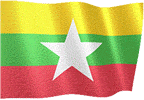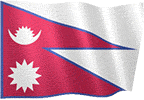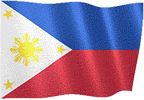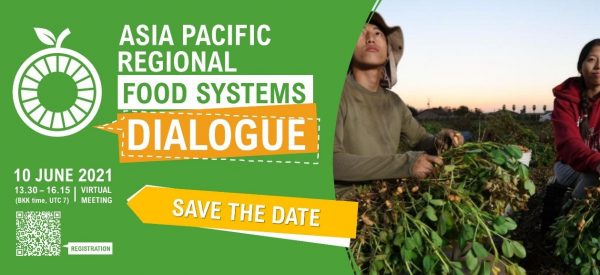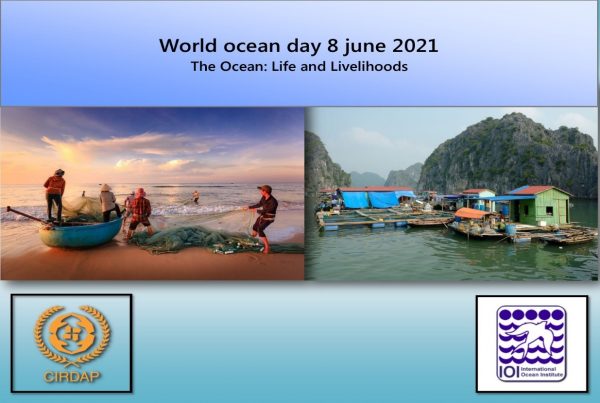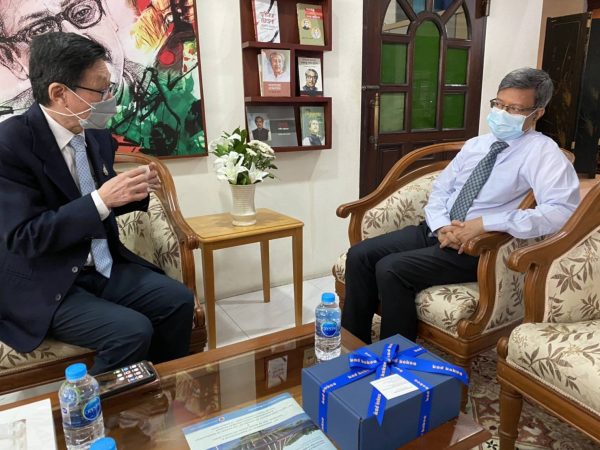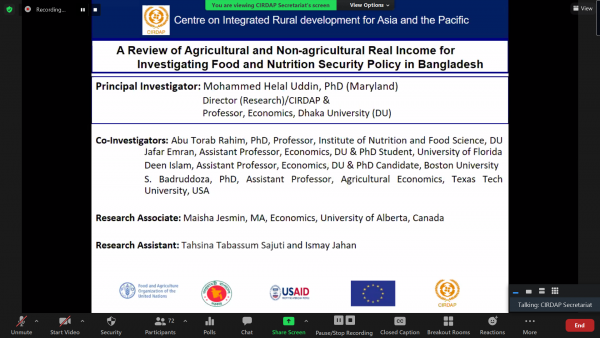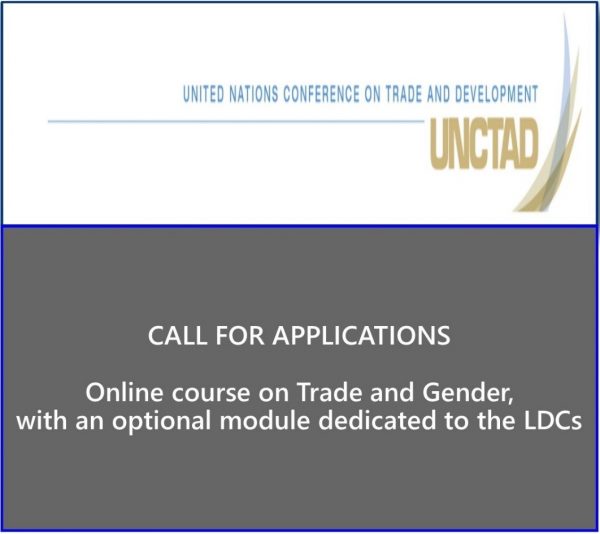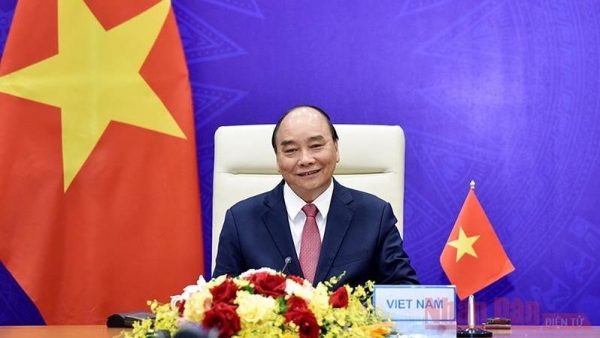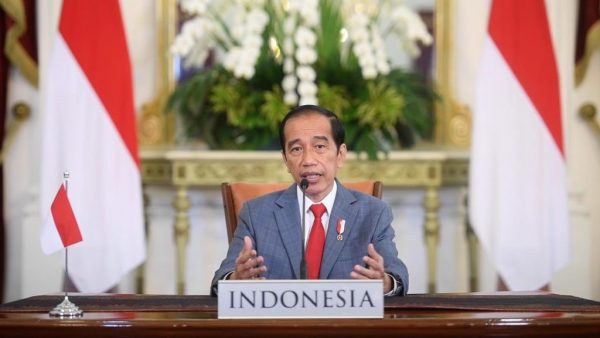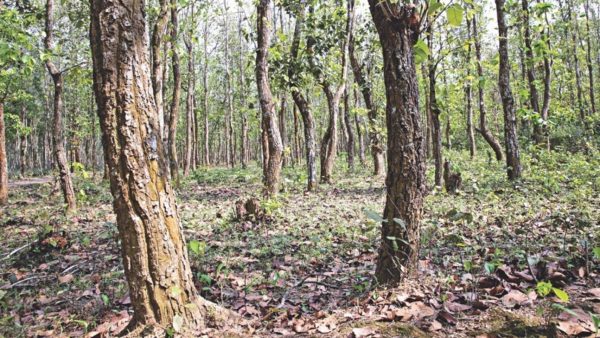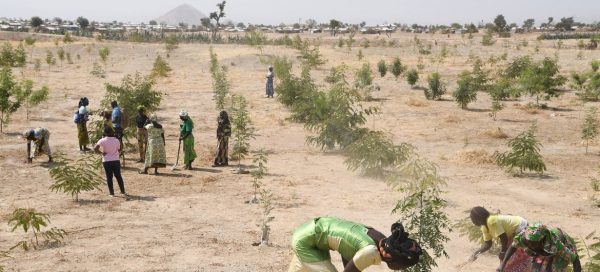BACKGROUND AND OBJECTIVE The Asia Pacific regional food systems dialogue is being organized in preparation of the Global Food Systems Summit. It will provide insights from the national dialogues that are currently being convened on the five action tracks, and identify opportunities for regional and sub-regional collaboration. It will also consider cross-cutting issues such as digitalization, data, urban agriculture, and women and other vulnerable groups that have emerged as priority areas for action during the recent Asia Pacific Forum on Sustainable Development. A diverse range of stakeholders is expected to participate in order to consolidate regional views, perspectives and experiences regarding pathways and actions for equitable and sustainable food systems transformation to achieve healthy diets for all people in Asia and the Pacific and support the implementation of the SDGs within the context of current realities. TENTATIVE PROGRAMME 13.30 – 14.00 Welcome and Opening (30 min) Ms. Armida Salsiah Alisjahbana, Executive Secretary of ESCAP Mr. Jongjin Kim, Assistant Director General, FAO Asia-Pacific Special address: Dr. Agnes Kalibata, Special Envoy for 2021 Food Systems Summit 14.00 – 15.00 Round 1: Messages from the countries (60 min) What are the priority action areas to transform the food systems in A/P along the five action tracks identified for the 2021 Food Systems Summit? Moderator: Dr. David Nabarro Senior Advisor to the Food Systems Summit Dialogues Moderated panel discussion with national dialogue convenors or their representatives Highlights of the national dialogues; what is the buy-in of stakeholders; what is the significance of each Action Track to countries/sub-regions Moderated discussion on the regional issues that emerge (e.g. multiple burdens of malnutrition; climate and pollution issues that cross borders; circular economies etc). Recommendations on developing sub- regional/regional co-operative approaches through the UN, regional bodies etc. 15.00 – 16.00 Round 2: Opportunities for regional action (60 min) What are some cross-cutting areas to accelerate the five action tracks at regional level , including digitization, Data collection, and improved surveillance to monitor nutrition, food security, and livelihood indicators, urban agriculture, social protection systems, and increased access of women. Representatives from global and regional organizations representing a mix of government, civil society, private sector, international organization What are major issues that are possibly being missed in the conversation Will we go back to ‘business as before’ after the pandemic or are there signs of a change to ‘building back greener and better’ with the solutions discussed during the APFSD SDG2 roundtables 16.00 – 16.15 Closing (15 min) Mr. John Aylieff, Regional Director, WFP Regional Bureau for Asia and Pacific Dr. Poonam Khetrapal Singh, Regional Director WHO Regional Office for South-East Asia OUTCOME A meeting report summarizing main messages and recommendations for action at regional level will be prepared and submitted as an input to the Global Food Systems Summit. PARTICIPANTS Government representatives from the Asia Pacific region (national dialogue conveners), United Nations Country Teams, civil society, private sector. PLATFORM Zoom and public screening on YouTube. Dial-in/connection details and information will be sent to registered participants 24 hours before the event via the e-mail provided. CONTACT INFORMATION Ms. Katinka Weinberger, Chief, Environment and Development Policy Section, ESCAP is the focal point. She can be reached via email at escap-edd-edps@un.org. REGISTRATION For registration, please click here (https://forms.office.com/r/LgxXcBYWg8). The registration will be closed on 4 June 2021 at 23.30 (BKK time, UTC +7).
